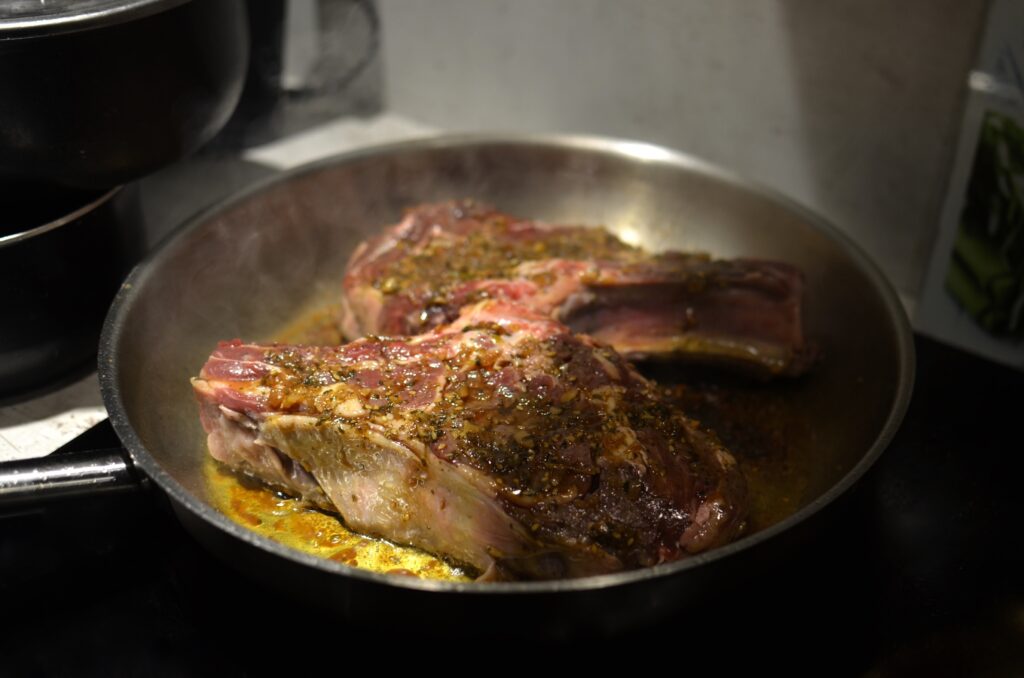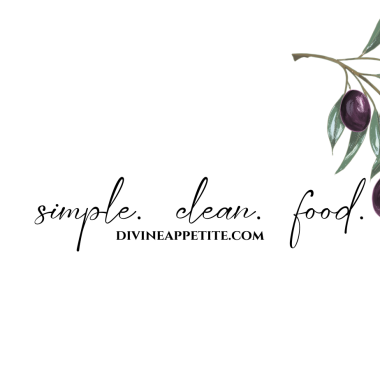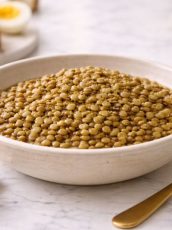
Beef Tallow vs. Shortening: A Clean Foods Perspective
In the realm of cooking fats, beef tallow and shortening have been utilized for centuries in various culinary traditions. From frying to baking, these two fats provide essential attributes that enhance both the texture and flavor of many dishes. However, when viewed through the lens of clean foods — considering both Biblically Clean and Halal Clean perspectives — beef tallow emerges as a more desirable option. Let’s delve into the benefits of beef tallow in comparison to shortening.
1. Source and Processing: Natural vs. Manufactured
Beef tallow is rendered fat obtained from cattle. It’s essentially a natural byproduct that has been used by many cultures throughout history. Tallow is minimally processed, maintaining many of its inherent properties. On the other hand, shortening, especially the popular hydrogenated versions, is often manufactured from vegetable oils through industrial processes. This hydrogenation can result in the formation of unhealthy trans fats, which have been linked to various health issues, including cardiovascular diseases.
2. Flavor Profile: Authentic vs. Neutral
Beef tallow imparts a rich, authentic flavor that is hard to replicate with any other fat. This genuine taste can elevate dishes, especially those requiring deep frying. Shortening, due to its manufactured nature, often has a neutral or bland flavor. While this might be desirable in some recipes, it lacks the depth and authenticity tallow can provide.
3. Nutritional Perspective
Beef tallow is rich in saturated fats and contains beneficial nutrients like conjugated linoleic acid (CLA) and natural antioxidants. While excessive consumption of saturated fats isn’t recommended, in moderation, they can be a part of a balanced diet. Conversely, the trans fats in many shortenings are unequivocally detrimental to health, with no known health benefits.
4. Biblically Clean Perspectives
From a Biblical standpoint, certain fats and foods are designated as clean or unclean. Beef, when sourced from an animal that chews cud and has a cloven hoof, is considered clean (Leviticus 11:3). Hence, beef tallow, when derived from such sources, aligns with the Biblically Clean standard.
Shortening, given its diverse sources, can be trickier. While vegetable-based shortenings might align with these religious standards, the inclusion of any lard (pork fat) would render it non-compliant with both Biblically Clean guidelines.
5. Environmental Considerations
The production of natural beef tallow often has a lower environmental impact compared to the industrial processing required for vegetable oil-based shortenings. The latter often involves extensive farming, usage of pesticides, and refining processes that can contribute to environmental degradation. Conversely, tallow, as an animal byproduct, utilizes parts of the cattle that might otherwise go to waste, emphasizing a nose-to-tail approach and reducing wastage.
6. Heat Stability and Cooking
Beef tallow boasts a high smoke point, making it ideal for frying and high-heat cooking. This stability ensures that fewer harmful compounds are produced during cooking, safeguarding the dish’s quality and health aspects. Shortenings, particularly those from vegetable sources, might not offer the same level of heat stability, compromising both flavor and health benefits.
We can’t say enough about cooking with this Beef Tallow.
When considering clean foods from both a health and Christian perspective, beef tallow holds distinct advantages of shortening. I comes from a natural source, has rich flavor, nutritional benefits and aligns with Biblically Clean guidelines.
As Amazon Affiliates we earn small commissions when you purchase through our links. Thank you for your support.






